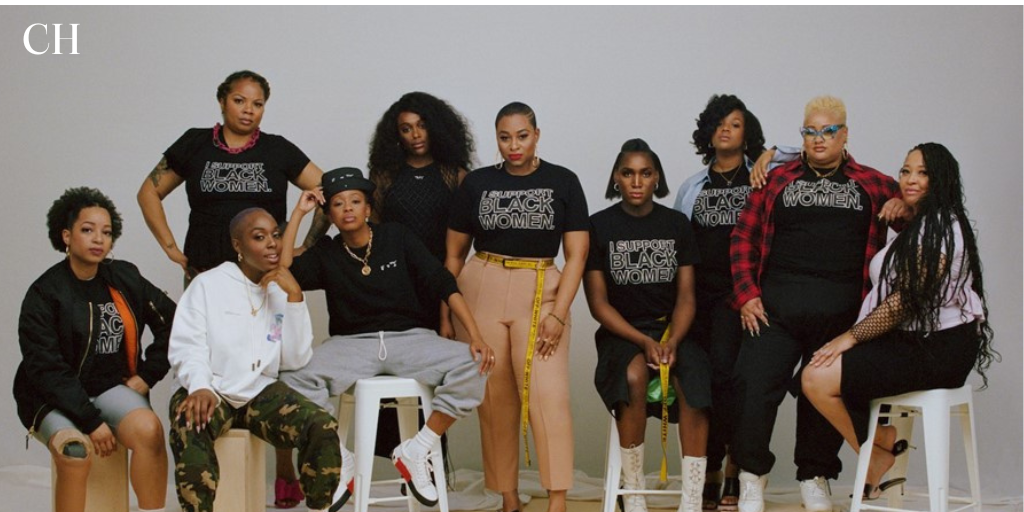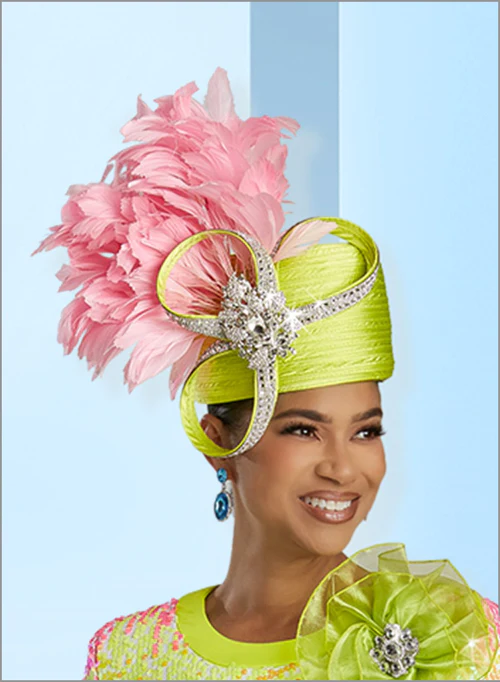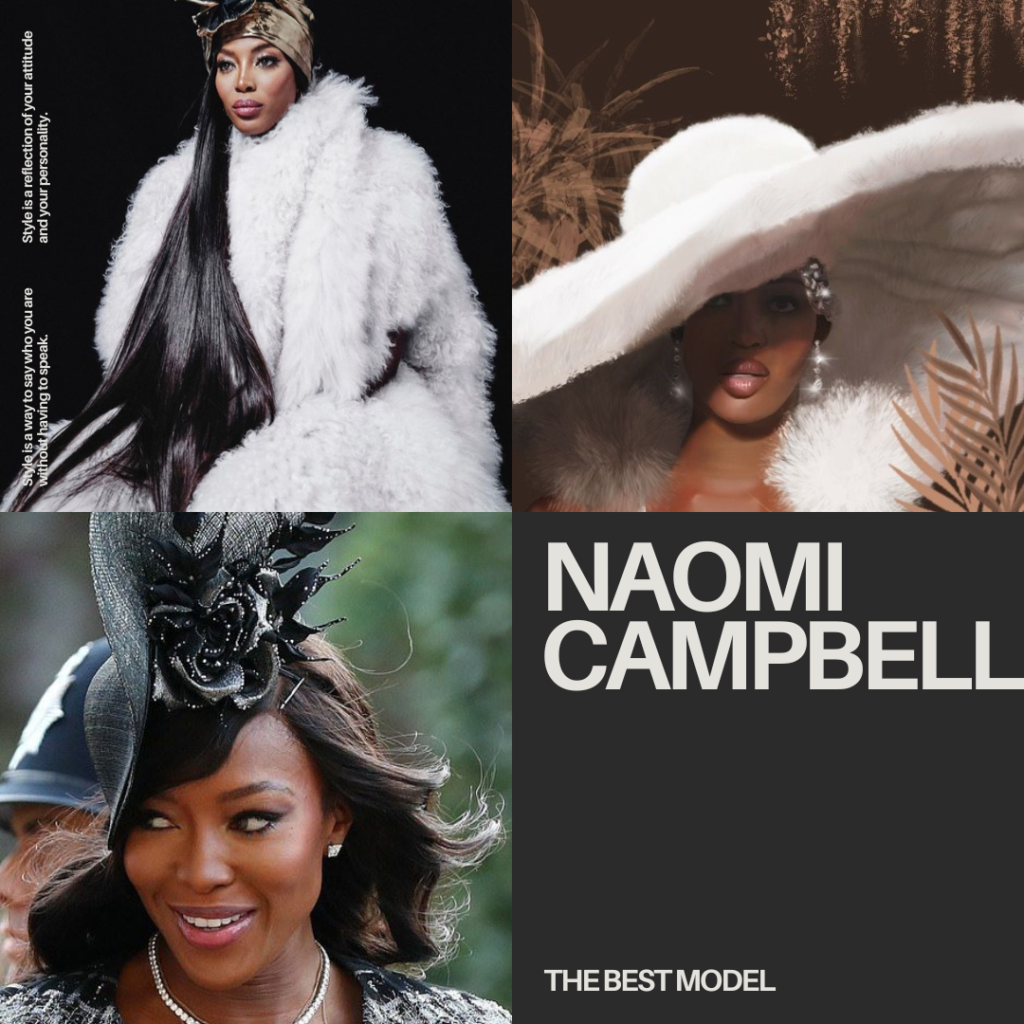
Black women have traditionally utilized fashion as a form of activism, using it to combat stereotypes, assert their individuality, and advocate for social justice. During the Harlem Renaissance of the 1920s and 1930s, Black women in Harlem embraced dress to express cultural identity and resistance. They adopted fashions that combined their African history with modern refinement, resulting in a lively and dynamic cultural identity that resonated with their community and beyond. Similarly, during the Civil Rights Movement of the 1950s and 1960s, Black women leaders such as Rosa Parks and Coretta Scott King dressed to portray dignity and strength. The deliberate selection of traditional, respectable dress helped counteract racist stereotypes and emphasized their quest for equal rights.
Fashion remains an important part of contemporary activism. Afrofuturism, for example, combines African culture with technology and science fiction, frequently manifested via daring, avant-garde design. Artists such as Janelle Monáe and Erykah Badu use Afrofuturist apparel to question stereotypes and praise Black innovation and tenacity. Similarly, the Black Lives Matter (BLM) movement has used fashion to promote justice and togetherness. Slogans on t-shirts, masks, and other clothes act as a visible protest against institutional racism and police violence. Designers such as Kerby Jean-Raymond of Pyer Moss infuse social commentary into their collections, leveraging their platforms to highlight critical social issues.
According to Womens Wear Daily “Style is a language and reflects history just like any other sort of visual medium,” Davis said. “And what’s interesting now in the movement for Black lives, what’s clear now is within this complexity of Blackness and the complexity of the society and particularly the complexity of Black existence in America, it’s reflected in this movement, in the look of this movement because it’s so diverse. We can’t pinpoint the same kind of items.”
Notable individuals and brands have also contributed significantly to the nexus between fashion and activism. Donyale Luna, the first Black supermodel to appear on the cover of a major fashion magazine (British Vogue in 1966), broke down barriers and opened the way for subsequent generations of Black models. Rihanna’s brand Fenty has transformed the fashion and cosmetics industries by promoting inclusivity and diversity. Her work questions established beauty standards and makes room for people from various backgrounds. Aurora James, the founder of the fashion brand Brother Vellies and the 15 Percent Pledge, calls for retailers to provide Black-owned businesses 15% of their shelf space to alleviate economic imbalances and promote Black entrepreneurship.
Fashion has had a significant cultural impact, notably on hair politics. Black women have long suffered discrimination because of their natural hair, prompting the creation of the natural hair movement, which celebrates Black hair in its natural condition while rejecting Eurocentric beauty standards. This campaign has resulted in legislative improvements, like the CROWN Act, which seeks to eliminate hair prejudice. Furthermore, the Afro-Punk trend, which emerged in the early 2000s, combines punk fashion with African and African American cultural influences. It is a manner of defying mainstream norms while also celebrating individualism and Black culture.
To summarize, dress has been an effective weapon for Black women to establish their identities, resist injustice, and create social change. Through historical movements and ongoing activism, Black women continue to change the fashion scene and utilize style to empower and advocate.


